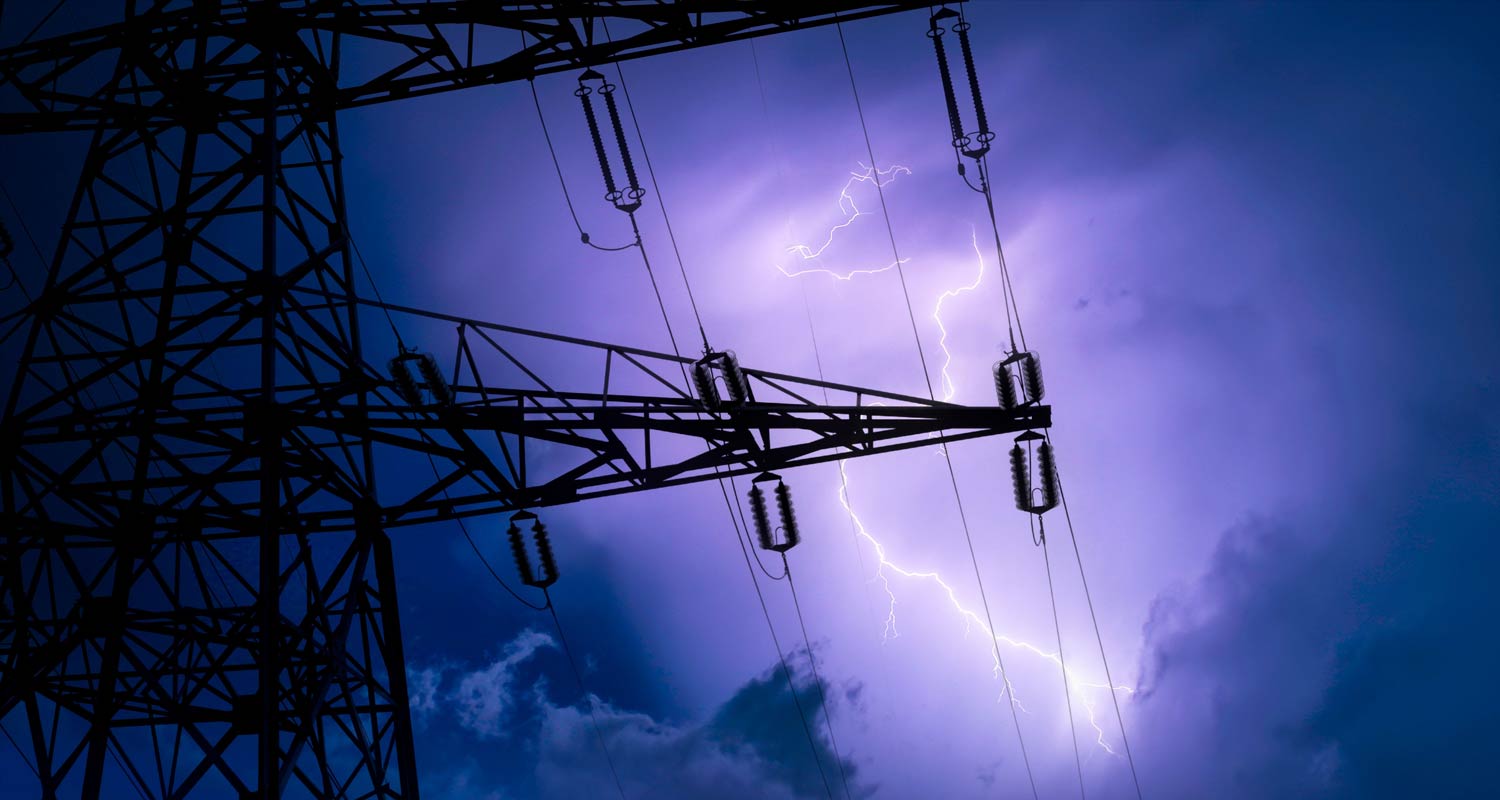 Municipalities: The New Villains in the Fight Against Eskom’s Survival
Municipalities: The New Villains in the Fight Against Eskom’s Survival
Eskom is drowning in a sea of debt, courtesy of its delinquent municipal partners. The state-owned power utility is owed a staggering R82.3-billion by the very institutions it supplies electricity to, leaving it struggling to stay afloat.
The municipalities, it seems, are more interested in playing games with their finances than actually paying their bills. Over the past five years, the amount they owe Eskom has quadrupled, a stark reminder of their inability to manage their own affairs.
Eskom has had enough of their antics, resorting to drastic measures to collect its debts, including seizing assets. In 2020, it took control of furniture and vehicles belonging to the Emfuleni municipality, one of its biggest defaulters.
The utility has tried to work with the municipalities, offering debt settlement agreements, but so far, only five have bitten. The rest are either in denial or simply don’t care, content to leave Eskom to foot the bill for their own financial mismanagement.
Olga Constantatos, head of credit at Cape Town-based money manager Futuregrowth, puts it bluntly: “Political will is needed to ensure municipalities function more efficiently and are able to meet their obligations.” Until then, Eskom’s financial sustainability will remain at risk, and we’ll all be footing the bill.
The Crisis Deepens
National treasury has stepped in with a debt-relief programme for 71 overburdened municipalities, but even this may not be enough to save Eskom from its financial woes. As things stand, taxpayers and citizens will be left to pick up the tab for the municipalities’ reckless spending.
Despite the crisis, investors remain hopeful that Eskom’s improved operational performance will be enough to keep the lights on. But the writing is on the wall: the municipalities must take responsibility for their actions and start paying their debts, or risk plunging the country into darkness.

